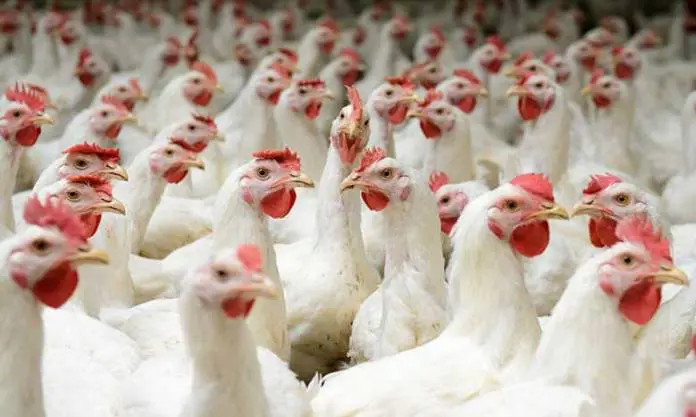
The Department of Agriculture (USDA) has announced that 50.54 million turkeys, chickens, and ducks among other wild birds died in the ongoing highly pathogenic avian influenza (HPAI) outbreak. The 2015 avian flu outbreak killed 50.5 million birds in the United States, but this year’s 50.54 million figure is the deadliest avian flu outbreak in US history.
This animal health scare has led to an increase in prices of poultry meat and eggs in the country, and many households had to pay more during the recent Thanksgiving celebrations on Thursday. This avian flu outbreak is not limited to the US; it is also reported in the UK and Europe, as well as in South America.
The USDA reported that this current outbreak started in February, and it has been rife in poultry farms, backyard flocks, and petting zoos. Birds often die within a few days of being infected with the new HPAI avian flu strand. In some cases, once a single bird gets infected, poultry farmers cull the entire poultry farms, which may contain as many as one million birds.
The USDA said the outbreak has spread to 46 states, and they blame ducks and other wild birds for spreading the disease among local birds. Government officials said birds spread the disease in their feces, feathers, and direct contact with local poultry during migration flights. Animal health experts warn against having contact with sick or dead birds to reduce infection spread among larger bird populations.
“Wild birds continue to spread HPAI throughout the country as they migrate, so preventing contact between domestic flocks and wild birds is critical to protecting US poultry,” said Rosemary Sifford, the USDA’s chief veterinary officer.
According to the USDA, at least 3,700 wild birds have been confirmed to be infected with the outbreak. In Peru, more than 200 pelicans were found dead on a beach and authorities believe it is due to avian disease. In North America and Europe, wild birds such as bald eagles, vultures, and seabirds have been infected with the disease; and even a black bear cub was destroyed in Alaska some weeks ago after it was confirmed positive for the flu.
The CDC has revealed that the chances of the avian flu infecting humans are very low, but they cautioned against handling birds without protective gear or washing hands. In a very rare event, a prisoner in Colorado got infected with avian flu while working at a commercial poultry site. He was the first person in the US to be infected with the disease, but government officials said this may not repeat itself ever again.











